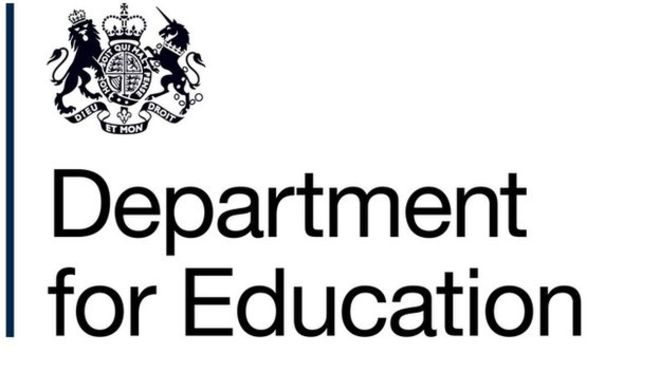Performance & Reports
Here you will be able to find out key information about the school's performance. This includes information about the end of Key Stage 1 and Key Stage 2 results.
Please click here to visit the Department for Education School Performance page.
2023-2024 Statutory Headline Performance Data can be found in the attached document below for KS2, Year 4 MTC, Year 1 Phonics & EYFS.
PE and Sports Premium
PE & Sport Premium is funding provided to primary schools to enhance the provision of PE and sport. The Government has committed to keeping the funding in place for the forthcoming academic year. It is for schools to decide how the PE and Sport funding is spent.
We strongly believe that all young people should have the opportunity to live healthy and active lives. A positive experience of sport and physical activity at a young age can build a lifetime habit of participation and is central to meeting the government’s ambitions for a world-class education system.
Physical activity has numerous benefits for children's physical health, as well as their mental wellbeing (increasing self-esteem and emotional wellbeing and lowering anxiety and depression), and children who are physically active are happier, more resilient and more trusting of their peers. We also believe that ensuring that our pupils have access to sufficient daily activity can also have wider benefits for pupils, such as improving behaviour as well as enhancing academic achievement.
Principles for allocating the funding
To ensure that our PE & Sport Premium is spent in the most effective ways the following principles have been agreed:
- Provide high-quality PE teaching delivered by a specialist Sports Teacher
- Extend our range of school sports clubs
- Develop pupil sport leaders who take an active part in decision-making
- Increase pupils’ participation in the School Games Programme
- Run sports activities with partnership schools
- Undertake monitoring and analysis to identify pupils who do not participate in sporting activities beyond the school day, and provide support and encouragement to enrol them in an activity of their choice.
- Monitoring and evaluation to demonstrate the impact of spending on the outcomes for pupils.
Pupil Premium
Purpose: Pupil premium is funding to improve education outcomes for disadvantaged pupils in schools in England. Evidence shows that disadvantaged children generally face additional challenges in reaching their potential at school and often do not perform as well as other pupils. (DfE)
Please visit the Department of Education's Pupil Premium page for further up-to-date guidance here.
In most cases the Pupil Premium is allocated to schools and is clearly identifiable. It is for schools to decide how the Pupil Premium, allocated to schools per FSM pupil, is spent, since they are best placed to assess what additional provision should be made for the individual pupils within their responsibility.

